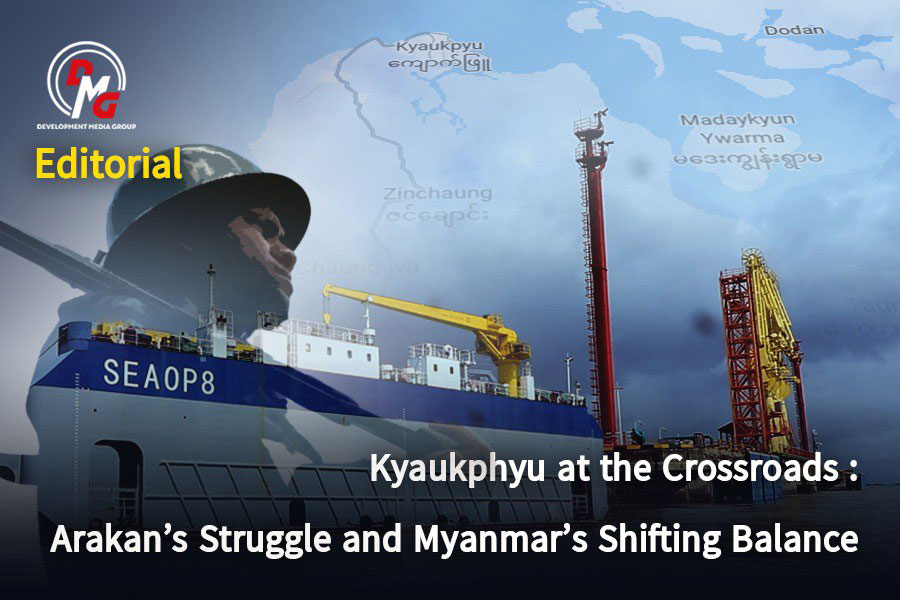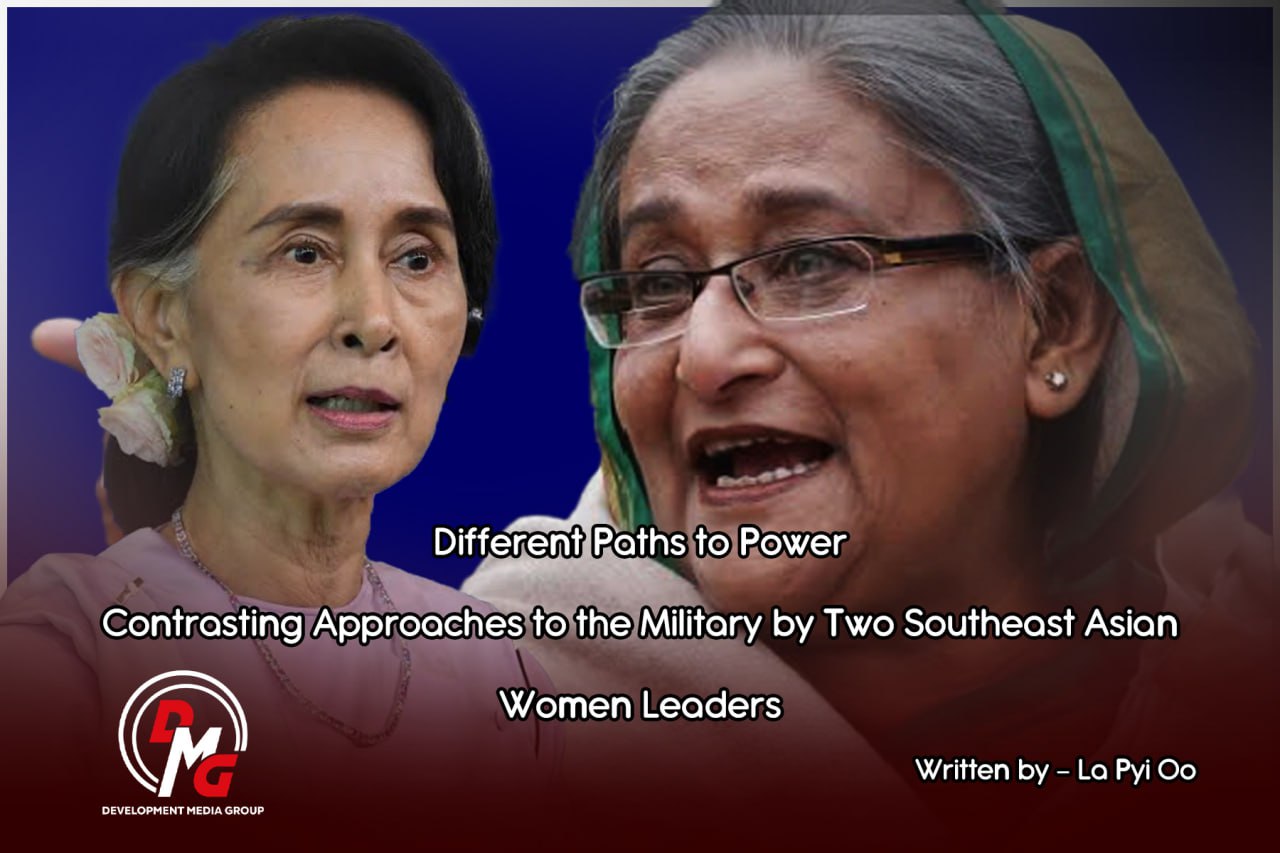- Weekly Highlights from Arakan State (Jan 26 to Feb 1, 2026)
- Arakanese youth stabbed in Mae Sot urgently needs financial aid for medical treatment
- Five years on Myanmar faces uncertain military and political outlook after coup
- Myanmar Navy detains Pauktaw fishermen and demands ransom
- Junta Airstrikes on Arakan and the Consequences for Independent Media
Editorial: Kyaukphyu at the Crossroads: Arakan's Struggle and Myanmar's Shifting Balance
If the AA captures Kyaukphyu, that hollow claim of authority will collapse even further. China, which prioritizes the security of its pipelines and port, may no longer rely on the junta as its sole partner.
20 Aug 2025

Kyaukphyu is more than a dot on the map. It is the heart of Arakan's coastline, the anchor of China's energy corridor, and a symbol of how Myanmar's politics and regional dynamics are being reshaped.
As the Arakan Army (AA) moves closer to full control, the significance of Kyaukphyu cannot be overstated. Its fate will not only redefine Arakan's future but could also tip the balance of power across Myanmar and beyond.
For decades, Arakan has borne the weight of outside exploitation. Oil and gas pipelines run from Kyaukphyu to China, and a deep-sea port promises to be a new gateway for global trade. Yet the people of Arakan have seen little benefit.
The military regime in Naypyidaw claimed to safeguard these projects, but it has failed to protect communities from war, displacement, and poverty. Instead, it has enriched itself while inflicting airstrikes and artillery fire on the very land it pretends to govern.
If the AA captures Kyaukphyu, that hollow claim of authority will collapse even further. China, which prioritizes the security of its pipelines and port, may no longer rely on the junta as its sole partner.
Whether willingly or reluctantly, Beijing will have to recognize the new reality on the ground: the AA is the emerging power in Arakan. For the junta, this would mean losing its last bargaining chip with China - and with it, a significant piece of its already crumbling legitimacy.
For the people of Arakan, however, this is about more than geopolitics. Control of Kyaukphyu would mark a historic step toward dignity and self-determination.
It would show that Arakan can take ownership of its resources, its coastline, and its future - rather than leaving them in the hands of generals in Naypyidaw or distant investors.
It would also give the AA greater leverage in the national struggle for self-determination, and federalism, strengthening the broader movement for a more just and inclusive Myanmar.
The international community cannot ignore these changes. To continue backing the junta is to deny reality: the regime is losing on the ground, losing the trust of its people, and losing its grip on the very assets it once used to buy foreign support.
The world must recognize that Myanmar's future is no longer defined only by the generals, but by the new power centers - like the AA in Arakan - that are reshaping the country through resilience and sacrifice.
Kyaukphyu now stands at a historic crossroads. For the junta, its loss would expose the emptiness of its authority. For Arakan, it could become a turning point toward empowerment and self-rule. And for Myanmar as a whole, it may mark the beginning of a new political balance - one in which the voices of ethnic nationalities can no longer be silenced.





.jpg)














